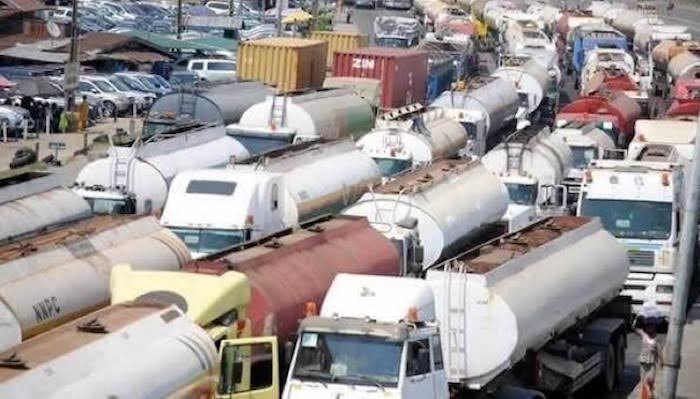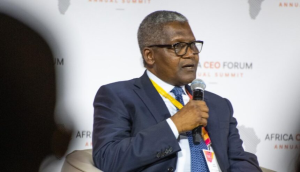
Oil marketers have explained that the ongoing scarcity of Premium Motor Spirit (PMS), commonly known as petrol, is due to persistent logistics challenges, resulting in limited supplies. This was disclosed by Billy Gillis-Harry, the President of the Petroleum Products Retail Outlets Owners Association (PETROAN), during an appearance on Channels Television’s Morning Brief on Monday, August 19, 2024.
Gillis-Harry highlighted the supply constraints faced by marketers, stating, “We are currently supply constrained and can only distribute what we have. Until we get our supply challenges sorted out efficiently and abundantly, we will not be able to get out of this cycle.”
He elaborated on the specific logistics issues, explaining, “The logistics issue is about ship-to-ship transfer. Until the ship gets products, it cannot deliver to any of the depots. And until depots have products, we the retailers cannot also have access to products.”
Despite the challenges, Gillis-Harry reassured the public that marketers are in ongoing discussions with the Nigerian National Petroleum Company Limited (NNPCL) to resolve the supply issues. “We have been speaking with NNPCL. We encourage them to do more, and I can assure you that they are trying their best,” he added.
The scarcity has spread across various parts of the country, including Lagos, with some filling stations selling petrol for between ₦800 and ₦1,000 per litre. This has significantly increased transportation costs. Meanwhile, some stations have stopped selling the product, leading to a surge in black market activities.
The shortage was initially linked to debt owed to international oil traders by NNPCL, but Chief Corporate Communications Officer Olufemi Soneye refuted these claims. “It is normal to owe at one point or the other since oil trading business transactions are carried out on credit,” Soneye clarified.
“NNPC Ltd., through its subsidiary, NNPC Trading, has many open trade credit lines from several traders. The company is paying its obligations of related invoices on a first-in-first-out (FIFO) basis,” He concluded.








